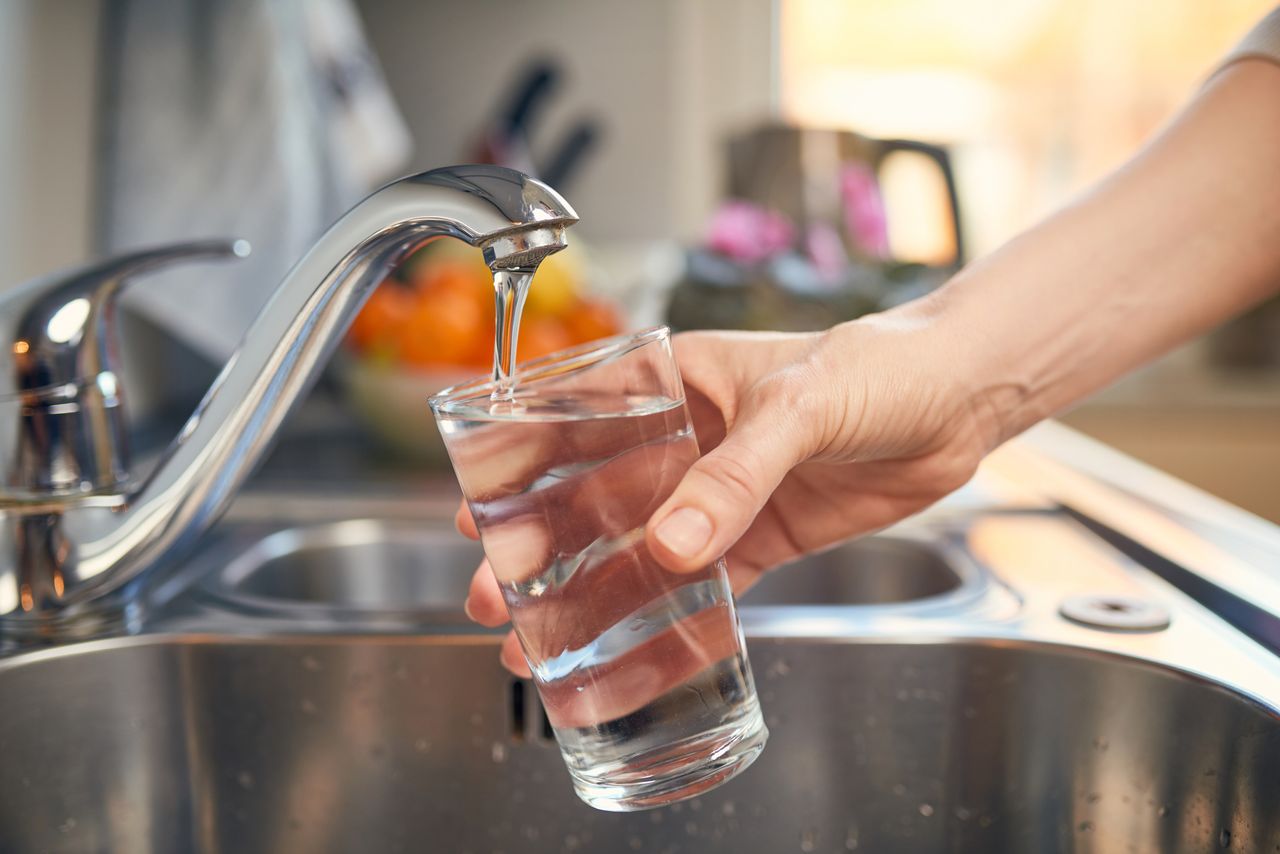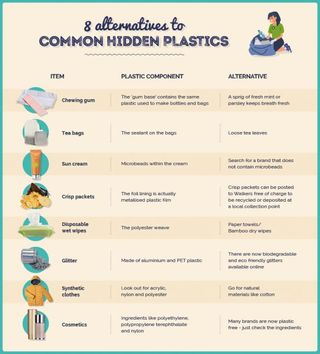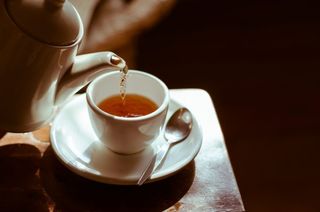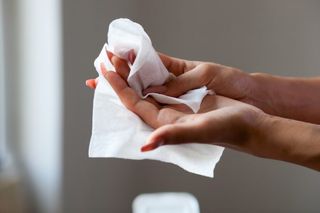Study suggests that hidden plastics mean that Brits are eating the equivalent of a coat hanger every month

Many of us are trying to reduce the amount of single-use plastic we use, but a study has shown that plastic is actually hiding in common every day items.
Tombola researched how we can reduce our plastic waste in a bid to raise awareness for National Recycling Week (23rd – 29th September).
During this investigation, they found out that consumers ingest around 5 grams of the material every week.
To put that into context, that’s the equivalent of a teaspoon, a plastic pen lid or a credit card a week. Or, scarily, a coat hanger a month!
Research was carried out by WWF and the University of Newcastle, Australia: “Eight million tonnes of plastic ends up in the ocean every year. They break down into tiny bits called microplastics, small enough to enter our food chain, along with other types of microplastics like those that are released when we wash our clothes.”
They added: “Out of a total of 52 studies that the University of Newcastle included within its calculations, 33 studies looked at plastic consumption through food and beverage.
“These studies highlighted a list of common food and beverages containing microplastics, such as drinking water, beer, shellfish, and salt.”
Sign up for the woman&home newsletter
Sign up to our free daily email for the latest royal and entertainment news, interesting opinion, expert advice on styling and beauty trends, and no-nonsense guides to the health and wellness questions you want answered.
You may not realise that certain products contain plastics, so Tombola listed a few of the main culprits and how you can easily incorporate alternatives into your life.
MORE: Shoppers making decisions based on sustainability, according to study

Chewing gum
Tombola says that the gum base contains the same plastic used to make bottles and bags.
They suggest using a sprig of fresh mint or parsley to keep your breath fresh without contributing to plastic waste.
Tea bags
Yes, it's even in your morning brew. Here, the plastic is in the sealant on the bags.
To avoid this, opt for loose tea leaves instead.

Sun cream
Some brands of sun cream contain microbeads, so try searching for a brand that doesn’t contain them.
Crisp packets
The foil lining is metallised plastic film, so whilst hard to avoid completely, you can post your packets to Walkers for free and they’ll recycle them.
Disposable wet wipes
The polyester weave within these wipes make them one of the biggest contributors.
Instead, introduce paper towels or Bamboo dry wipes into your beauty and cleaning routines.

Glitter
Lots of glitters have aluminium and PET plastic, but you can now buy biodegradable and eco-friendly ones online. Just check the ingredients!
Synthetic clothes
If you’re concerned about materials like acrylic, nylon and polyester, Tombola advises using natural materials such as cotton instead.
Cosmetics
Thankfully, quite a few makeup brands are now plastic-free. Just check the ingredients label before you buy.
Lucy Buglass is a Digital Writer specialising in TV, film and lifestyle content and has written for What's On TV, GoodtoKnow and Whattowatch.com. She's passionate about entertainment and spends most of her free time watching Netflix series, BBC dramas, or going to the cinema to catch the latest film releases. In her spare time, she writes film and television reviews for JumpCut Online and her own blog, Lucy Goes To Hollywood.
-
 Caught ending explained: Who was the killer and is Leo dead?
Caught ending explained: Who was the killer and is Leo dead?Another Harlan Coben thriller is riding high on Netflix, and viewers are asking for a deep dive of the intense ending of Caught
By Lucy Wigley Published
-
 Chocolate brown is everywhere but Ranvir Singh's Reiss sale dress stands out from the crowd
Chocolate brown is everywhere but Ranvir Singh's Reiss sale dress stands out from the crowdRanvir Singh has made us fall in love with deep cocoa brown all over again and her Reiss midi dress is more than 50% off
By Emma Shacklock Published